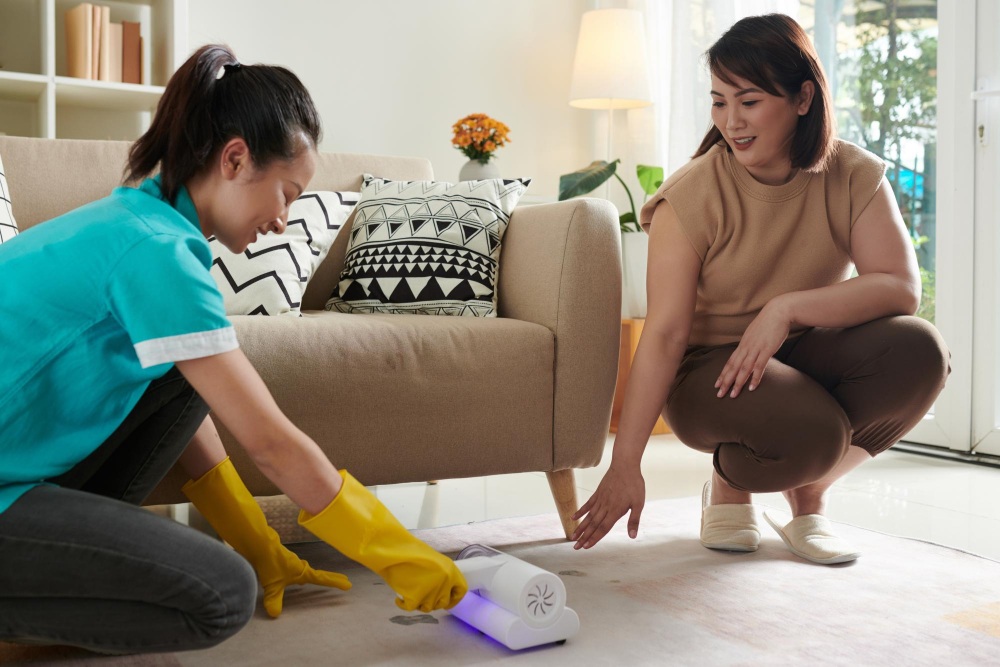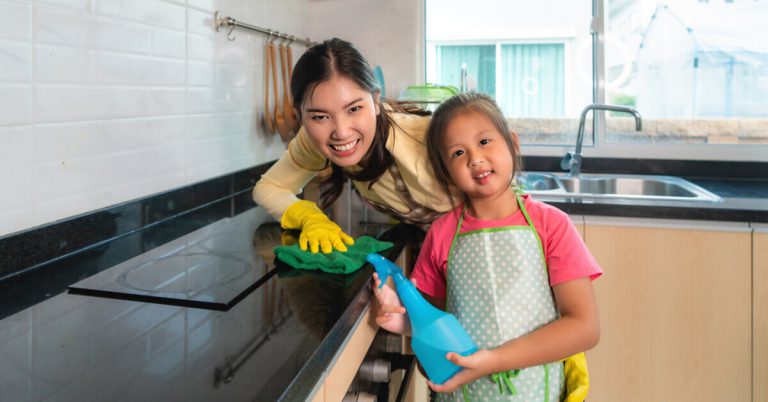In recent years, maid employment in Singapore has become an essential part of the daily lives of many households. With the fast-paced nature of life in the city-state and the increasing demands on working professionals, more families are turning to domestic helpers to manage household chores, childcare, and elderly care. The demand for maids, primarily from countries like the Philippines, Indonesia, and Myanmar, has seen a steady rise. These workers play a crucial role in supporting families and maintaining the smooth functioning of households, offering vital services that enable their employers to focus on their careers and other responsibilities.
One of the main reasons for the increasing reliance on maids in Singapore is the high level of workforce participation, especially among women. As more women pursue careers and professional aspirations, balancing work and family responsibilities has become more challenging. Many households require additional help to manage daily chores, such as cooking, cleaning, and caring for young children or elderly relatives. Maids, or foreign domestic workers (FDWs) as they are formally known, provide this essential support, allowing working adults to focus on their jobs without compromising the well-being of their families.
The process of employing a maid in Singapore is regulated by the Ministry of Manpower (MOM), ensuring that both employers and maids are protected under clear guidelines. Employers are required to apply for a work permit for their domestic helpers and must abide by specific legal requirements, including providing proper accommodation, food, and medical care. In addition, employers are expected to pay a monthly levy to the government and ensure that the maid attends regular health check-ups. These regulations are in place to protect the rights and welfare of domestic workers, promoting a fair and supportive working environment for all parties involved.
One of the challenges associated with maid employment in Singapore is the cultural and communication gap between employers and their foreign domestic workers. Many maids come from rural backgrounds and may initially struggle with adjusting to life in a fast-paced, urban environment. Language barriers can also pose difficulties, as many maids may not be fluent in English or Mandarin, which are commonly spoken in Singapore. Employers must recognize the need for patience and effective communication, as building a good relationship with their domestic helper takes time and understanding. Ensuring that maids receive proper training and orientation can help ease this transition and improve the overall working relationship.

Maid employment solutions singapore is also shaped by the growing demand for elderly care. As Singapore’s population ages, there is a rising need for caregivers to look after elderly family members who may have mobility issues or chronic health conditions. Domestic helpers are increasingly being employed to provide this specialized care, assisting with daily activities such as feeding, bathing, and administering medication. This shift in the role of maids has further highlighted their importance in society, as they not only take care of household tasks but also support the well-being of vulnerable individuals within families.
Looking ahead, maid employment in Singapore is likely to continue growing in importance as societal trends such as dual-income households, an aging population, and the increasing need for specialized care persist. The Singaporean government remains committed to regulating and improving the conditions for both employers and domestic helpers, ensuring a fair balance between the needs of families and the rights of the workers. With continued support and effective communication between employers and their domestic helpers, the role of maids in Singapore will remain an integral part of modern family life, contributing to the overall quality of life and work-life balance for many households.
